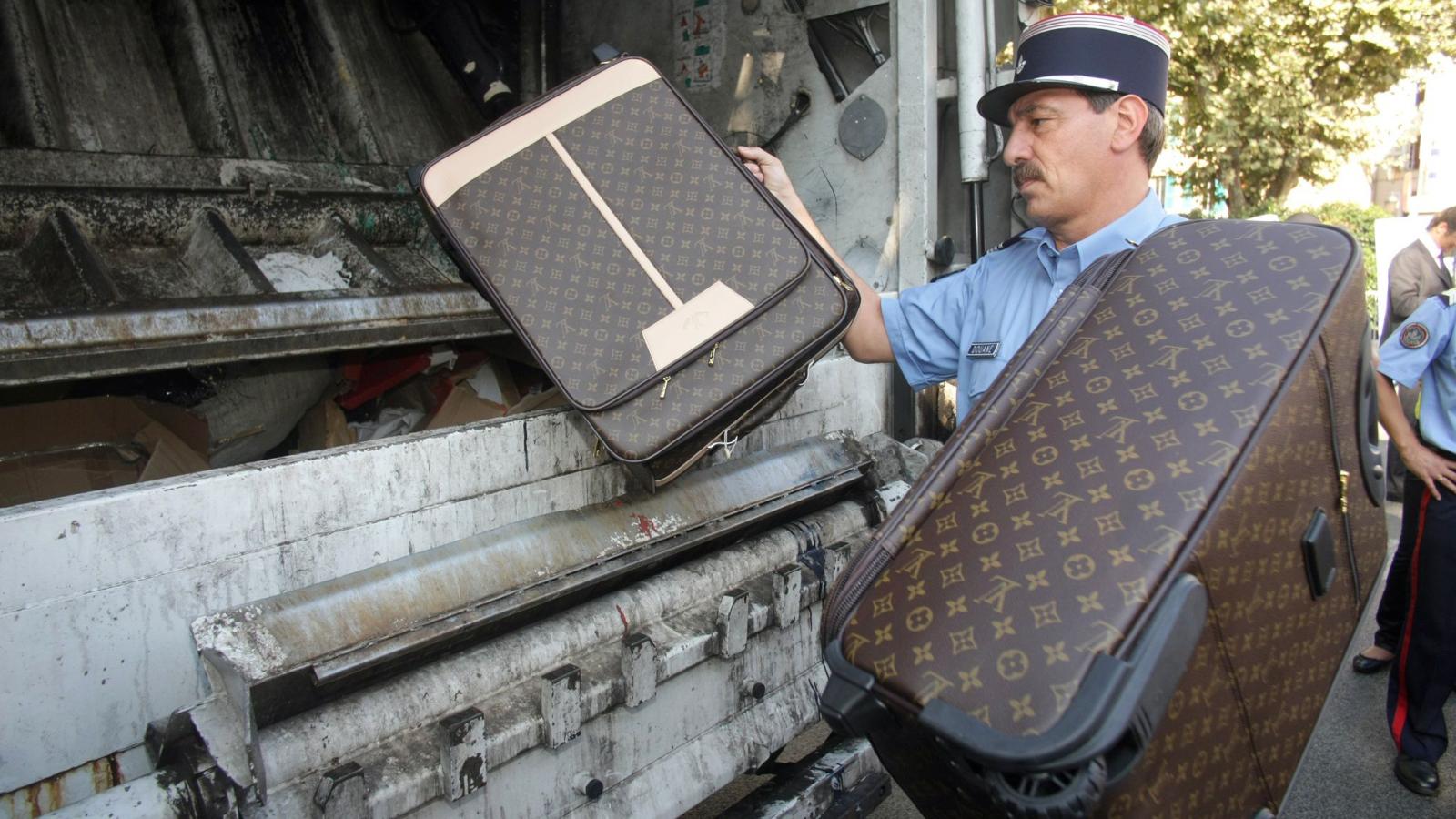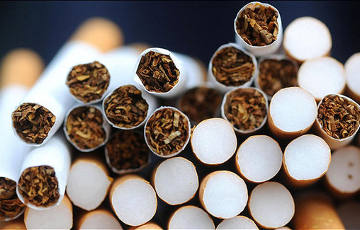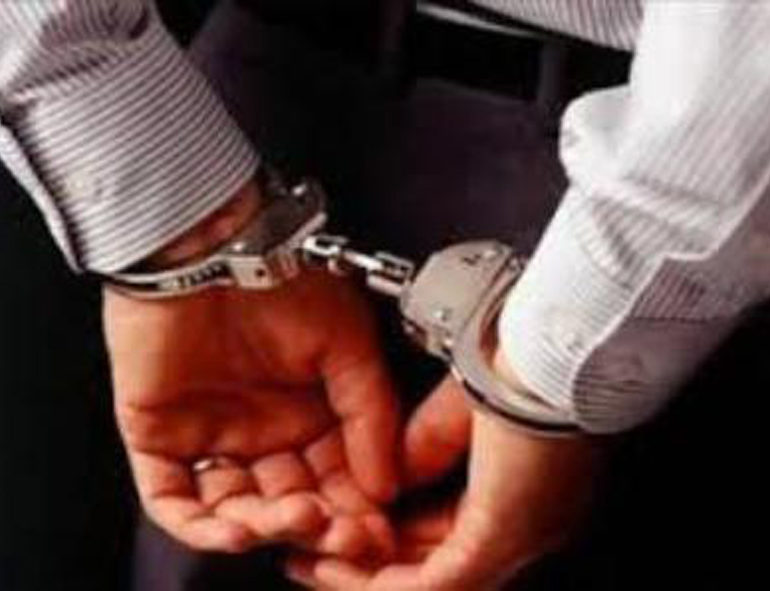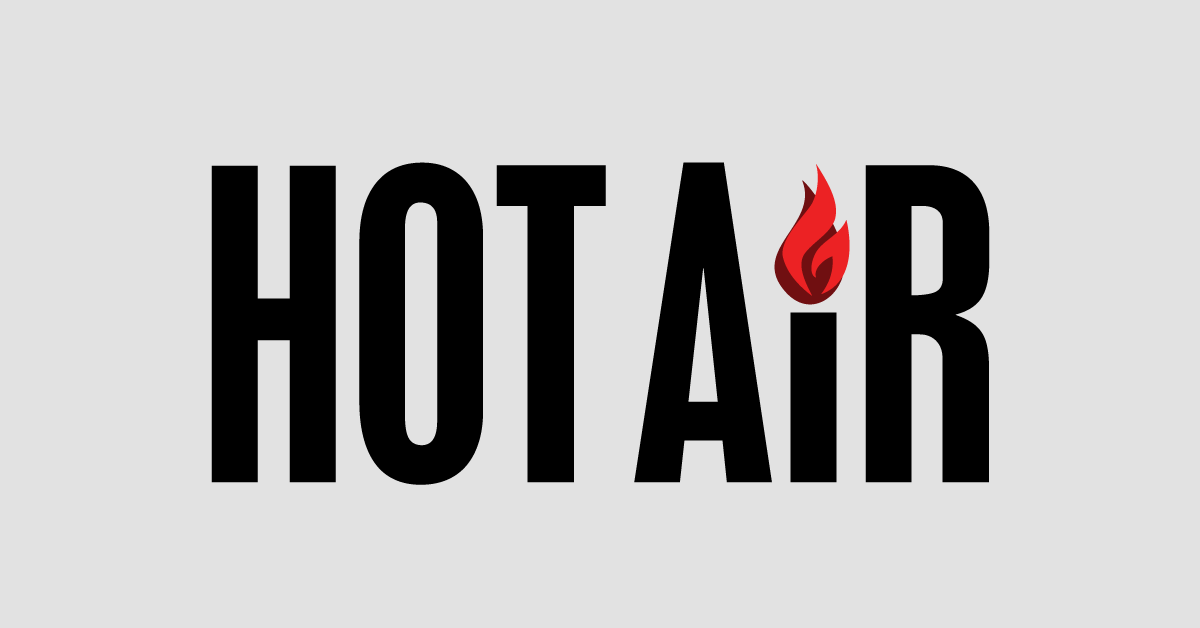
Fakes are costing Europe’s fashion industry
It’s exceedingly easy to buy knock-offs of European luxury brands. They’re so common people hardly pay them any mind. But their prevalence is actually a major problem, and it’s undermining Europe’s fashion industry.Counterfeits cost European brands the value of 9.7% of their total sales every year, or a staggering €26.3 billion ($28.7 billion), according to a new report by Europe’s Office for Harmonization in the Internal Market (OHIM). Those lost sales ripple outward, resulting in approximately 363,000 lost jobs across the manufacturing, retail, and wholesale sectors of Europe’s fashion industries.
Lear MoreAlibaba’s anti-counterfeit codes
Consumer goods giant Unilever has joined forces with Alibaba in a programme that aims to prevent counterfeits on the online retailer’s sites. The Chinese arm of Unilever has signed a memorandum of understanding with Alibaba that -alongside initiatives to expand distribution of consumer goods – will also see Unilever brands carry a new QR code-based technology that the company recently adopted to help fight counterfeits. The QR codes “will help consumers easily identify counterfeit products with [a] mobile app and provide a special shopping experience for the consumer” and will be added to Unilever’s products initially on a trial basis. The codes are being supplied by Visualead, an Israeli start-up in which Alibaba bought a minority stake earlier this year, and according to earlier reports be supplied to companies who request them at no cost. Unilever has had a dedicated storefront on Alibaba’s Tmall since 2011 and has since also started making use of the online retailer’s Tmall Global platform for sales outside China – but the new agreement calls for much closer cooperation between the companies both on- and off-line. The deal will result in expanded distribution channels – giving customers in rural China better access to Unilever products for example – and also see the two companies working on a ‘big data’ approach to advertising and driving sales.
Lear More
Cigarettes Smuggled From Ukraine
“The results of the searches are being compiled together and will be announced later, but today, we can say that the main supplier of cigarettes, which are smuggled abroad, is Lviv Tobacco Factory,” he said. “Some of the seized cigarettes are Belarusian, and this means that there is a “window” for the smugglers in Chernihiv region on the border with Belarus,” Moskal said. He added that in order to boost up the fight against smuggling beyond checkpoints along Zakarpattia region, the checkpoints with customs officers, personnel of the State Border Guard Service, the Interior Ministry, the Security Service of Ukraine and the State Fiscal Service had been established on all four mountain passes, leading to the region. “These checkpoints will not allow imports of large wholesale lots of cigarettes (including those lacking excise stamps) and counterfeit spirits to Zakarpattia, and exports of round timber from Zakarpattia region,” Moskal said. As UNIAN reported earlier, the smuggling is considered to be the main reason for July 11 conflict in the town of Mukacheve between the Right Sector and the people close to Mykhailo Lanyo, Ukrainian MP, which resulted in a shootout. According to representatives of the Right Sector organization, Lanyo, himself, had called them to hold talks, because the Right Sector started interfering with the flows of contraband.
http://charter97.org/en/news/2015/7/22/160902/
Lear More
Conviction for cigarette smuggling
A 49-year-old man was arrested on Tuesday, after police found a large quantity of smuggled cigarettes in his possession. Acting on a court order, officers pulled over the 49-year old at around 9am and confiscated two cartons of smuggled cigarettes. Upon further investigation, police found a van parked at the house of a relative, loaded with 1,214 cigarette cartons, 7 packs of cigarettes and 295 50gramme tobacco packs. Police were led to the 49-year-old after receiving an anonymous tip. Another 88 cartons and 5 tobacco packs were discovered at a third vehicle. According to Customs and Excise officials, the cigarettes appear to have originated from the non-government controlled areas. The suspect is expected to appear before court on Wednesday.
http://cyprus-mail.com/2015/07/21/man-arrested-for-cigarette-smuggling/
Lear MoreCounterfeit products seized, Liverpool
Police seized almost $60,000 worth of illegal tobacco products and counterfeit electronics goods during raids on six tobacconists in Sydney’s south-west today. The search warrants were the result of Strike Force Recnac, which was formed in April 2015 to investigate the sale of illicit tobacco products from multiple retail premises within the Liverpool CBD. Police conducted five of the warrants simultaneously at 10am today (Tuesday 21 July 2015) at tobacconists on Macquarie Street and Bigge Street, and a mini-mart on Macquarie Street. A sixth warrant was carried out later in the day at another Macquarie Street tobacconist. During today’s searches, officers seized almost $50,000 worth of illegal and/or counterfeit tobacco products, including cigarettes, cigars, chop chop (loose tobacco), shisha-flavoured tobacco, and counterfeit plain packaging. Police also allegedly located counterfeit electronics items – including cables, tablets and phones – with an estimated potential street value of more than $10,000. In addition, police seized more than $7000 in cash; it will be alleged this is proceeds of crime.
Lear More
Fake Mac makeup Seller Convicted
New Port Richey, Florida – A 45-year-old New Port Richey woman is accused of using the notoriety of a top cosmetic brand to make more than a million dollars by selling fake MAC brand cosmetics online. A federal judge sentenced Tina Oleszczuk to 18 months in federal prison and she has to pay MAC $961,744.75 According to court documents, from March 2012 to March 2014, Oleszczuk, through her company, Cozmetic Delights LLC, sold more than $1 million worth of counterfeit Make-up Art Cosmetics, Inc. (“MAC”) cosmetics out of her New Port Richey home. Investigators say she purchased and had bulk quantities of counterfeit MAC cosmetics delivered from a source in China and then she sold the counterfeit cosmetics as legitimate goods at significantly higher prices.
Lear MoreIllegal tobacco trade busted
An investigation is under way after test shoppers found tobacco was being illegally sold in Morecambe. A global cigarette firm bought non-duty paid tobacco at locations across Morecambe and will hand the evidence to Trading Standards. The tobacco and cigarettes haul is thought to include counterfeit versions of genuine tobacco brands and products made specially to be smuggled into the UK to avoid paying tax and sold on illegally, also known as illicit whites. David Morris, MP for Morecambe and Lunesdale, also saw the evidence for himself and said he was “extremely shocked” at the extent of the illegal tobacco trade The test purchases were carried out by Japan Tobacco International (JTI) whose brands include Benson & Hedges and Silk Cut. A JTI spokesman said: “The impact of the illicit trade in tobacco on society is far reaching and members of the public, retailers, suppliers and the Government all have a role to play to combat the issue. Criminals who deal in illegal tobacco will sell to all-comers, including children. JTI fully supports any efforts to rid our streets of illegal tobacco and stop criminals infiltrating our communities.
Lear More

Tobacco Piracy Continues
If you distract the police with enough other problems, the “little things” get swept under the rug, much like broken windows I suppose. That seems to be the case with the ongoing plague of tobacco piracy in high sin tax states. New York is one of the biggest hotbeds for these activities, since a combination of state, county and city taxes have driven the price for a pack of Marlboros past $15 in many places. That’s too much temptation for criminals, and they are still flooding the zone wherever they can get away with it. Two sets of pirates still somehow managed to get caught this month though, and they are symptomatic of the larger problem. The first was a relatively small haul on Interstate 81. (From Penn Live) The second bust involved the feds and brought in a much larger haul after an extensive investigation. This one was nothing short of a major smuggling ring which had been going on for years and involved dozens of smugglers and local businessmen.
http://hotair.com/archives/2015/07/20/tobacco-piracy-quietly-continues-unabated/
Lear MoreBritish American Tobacco Employees Kidnapped
Three delivery and distribution workers from the British American Tobacco Group in Costa Rica were rescued by law enforcement officers after being taken hostage by two suspects, one of them armed with a pellet gun. According to metro reporter Alejandro Fonseca of daily tabloid Diario Extra, the incident occurred near the dairy farming community of Coronado, located in the outskirts of the capital city of Costa Rica. The report from Diario Extra explains that the three employees had completed a delivery of cigarette cartons and other tobacco products to a liquor store in Coronado when they were accosted by two armed individuals, who were dressed in clothing that resembled the uniforms of British American Tobacco Group employees in Costa Rica. The suspects commandeered the Daihatsu Terios delivery vehicle and forced the three delivery workers inside at gunpoint. Unbeknownst to the suspects, a passerby was watching the crime unfold from just around the corner while using a mobile phone to relay the actions to a dispatcher from Fuerza Publica (the national police force of Costa Rica).
http://news.co.cr/british-american-tobacco-employees-kidnapped-in-costa-rica/40279/
Lear MoreSherrif busts Jailer
Sheriff Bob Alford put in overtime this week to catch a jailer operating outside the law. “It was my privilege,” Alford said. His office was alerted to a jailer that was believed to have been working as a delivery man between families and inmates to smuggle tobacco and drugs into the jail. With the assistance of LaSalle Corrections and the STOP Task Force, a recording of a transaction in the jail parking area between jailer Kenneth Milburn and the family of an inmate was enough to allow Alford to arrest the jailer. “He fell into a trap. Inmates would offer him money to bring items in for them,” Alford said. During the recorded transaction, Milburn was paid $300 and had both the money and the contraband on his person, Alford said, when taken down inside the jail by the sheriff. The contraband is believed to be tobacco and methamphetamine. “The jail staff got wind of what was going on,” Alford said. “We worked with them to set up a sting and catch this jailer in the act.” He has been charged with a count of possession and another of delivery of a controlled substance between 1-4 grams. “I think it is important to remember we have 220 employees working in the controlled area of the jail, and he’s just one,” Alford said. “If we can’t police ourselves, we can’t police the public. He had disgraced the badge.” While the actions of Milburn reflect poorly on law enforcement, the actions of other jailers to catch him paint a true picture of the ethical standards held by Johnson County jailers, Alford said. It’s not the first time Alford has got involved to fight crime at the jail. He previously has played an undercover role of a hit man, foiling an inmate’s murder-for-hire plan.
http://www.burlesonstar.net/localnews/ci_28503297
Lear More


